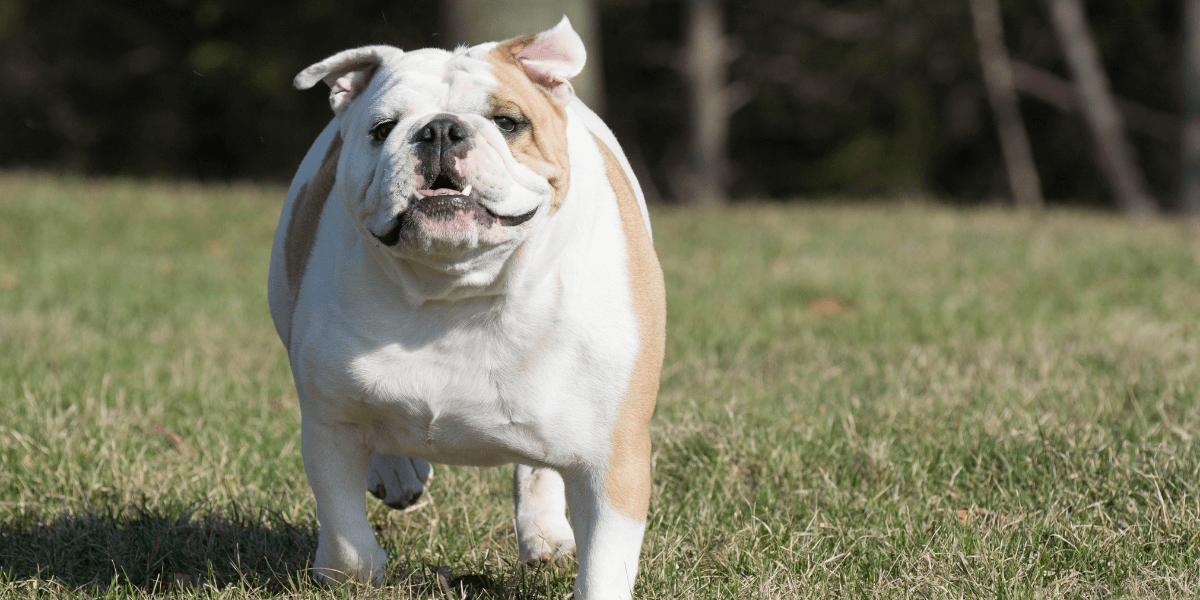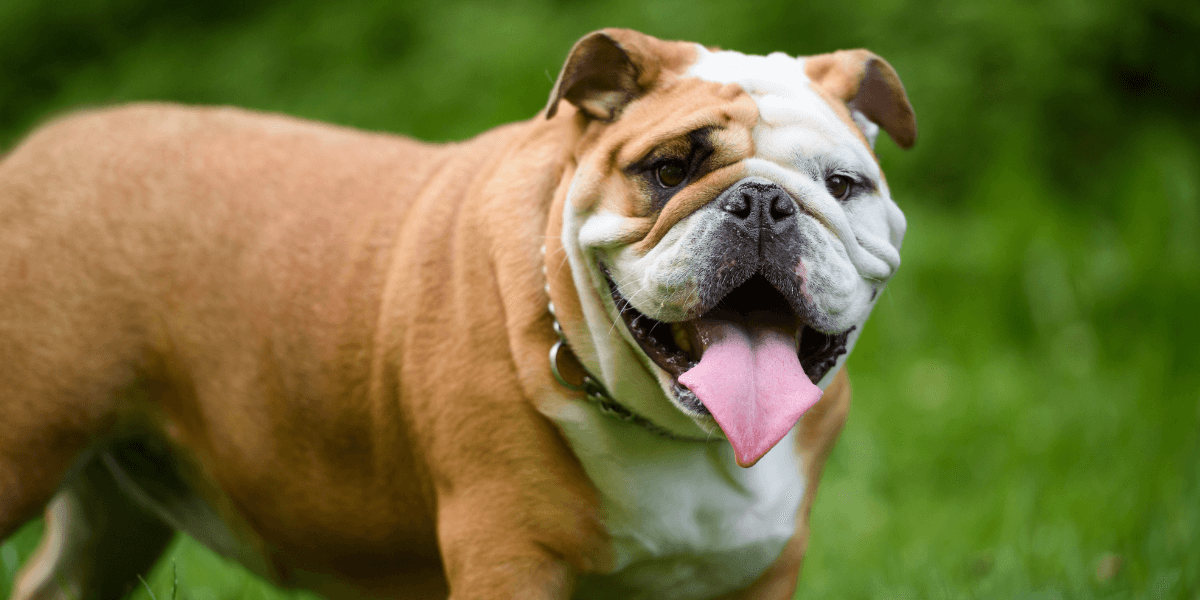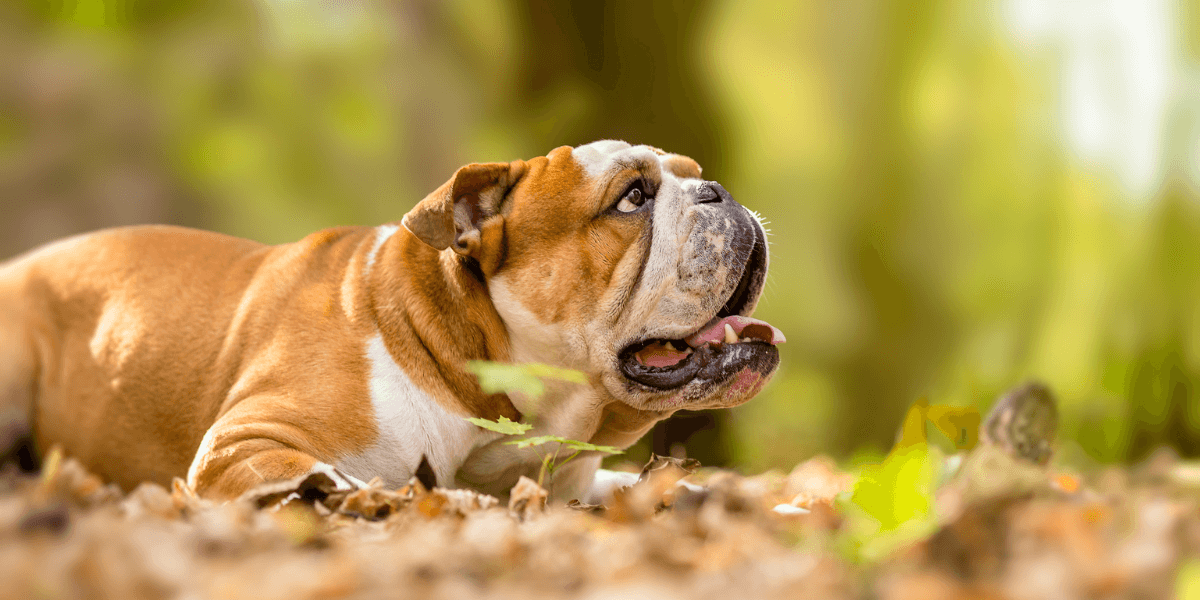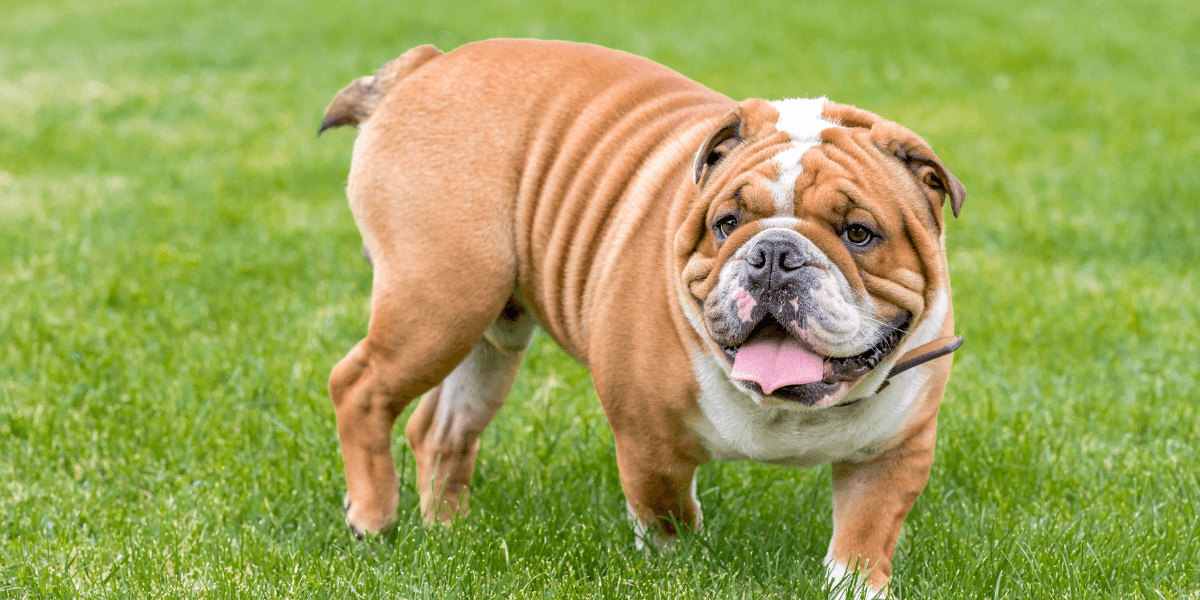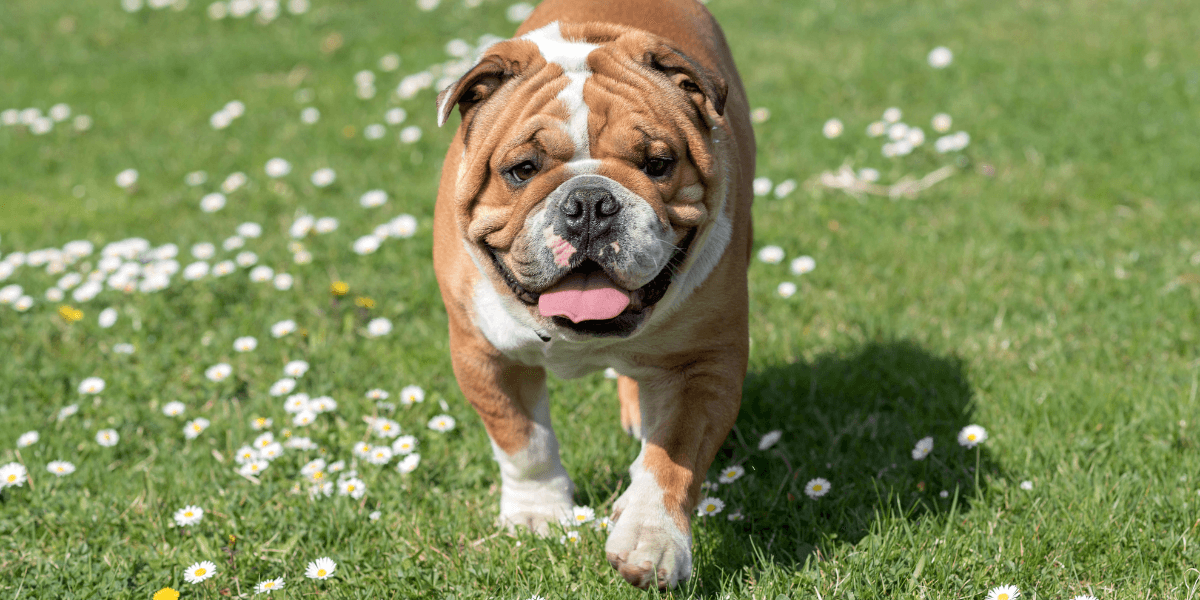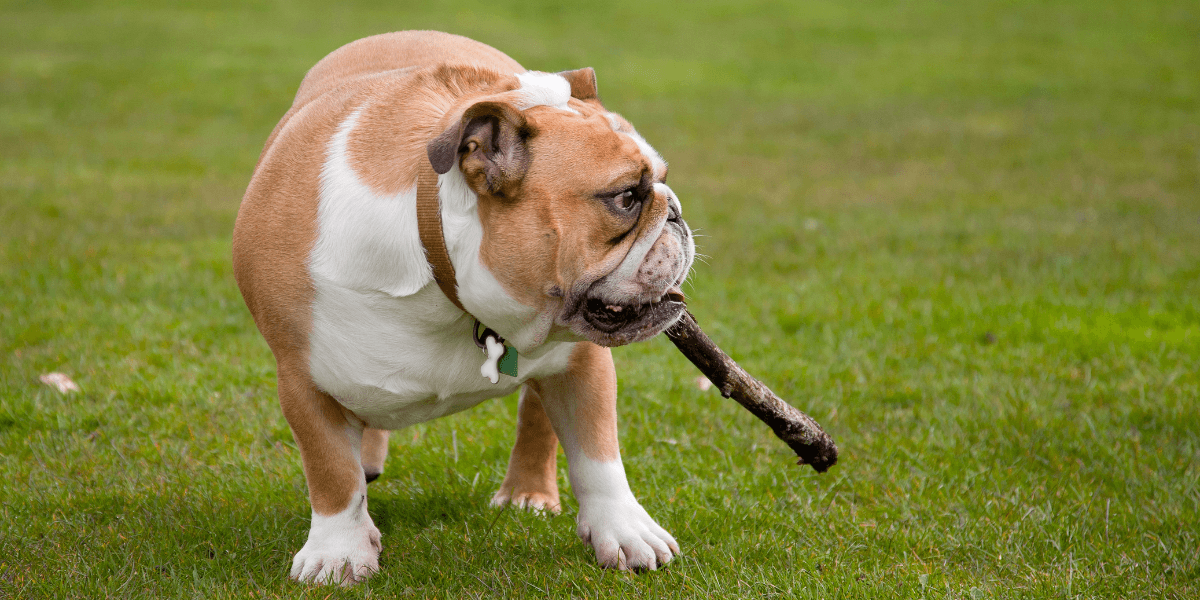Introduction
English Bulldog Temperament is known for its gentle and affectionate nature
- Discover what makes the English Bulldog a unique companion and family pet
- Learn about the key traits that define their behavior and personality
- Understand how their temperament impacts their interactions with children and other pets
- Get insights into training and socializing your English Bulldog effectively
- Find out how to create a harmonious home environment for your Bulldog
1. Understanding the English Bulldog's Temperament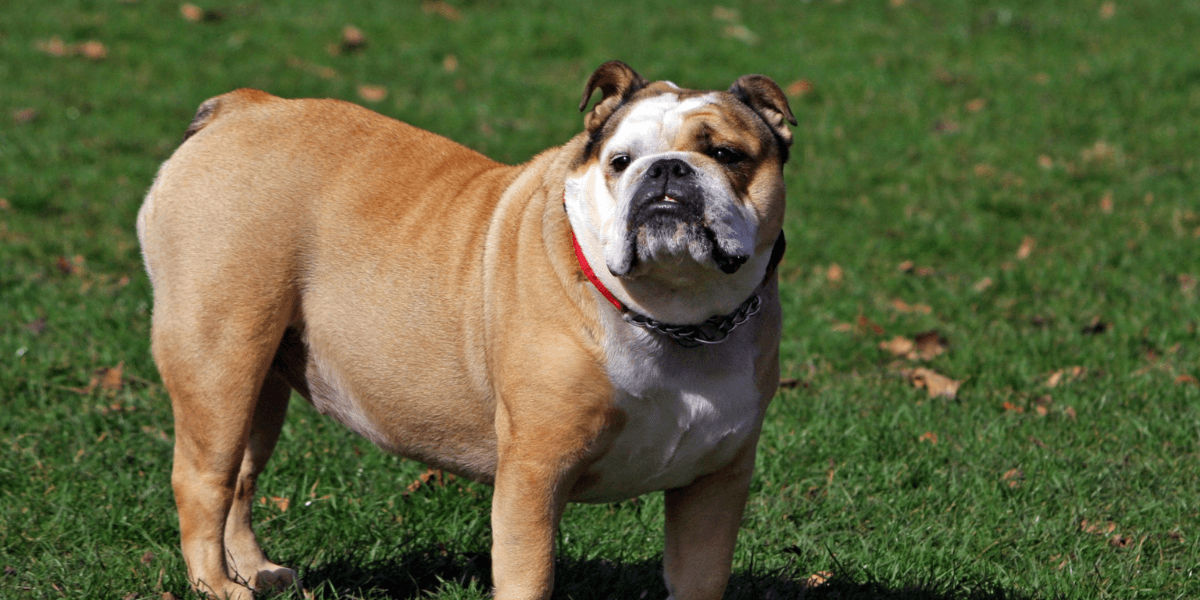
English Bulldogs are renowned for their gentle and easygoing nature.
- Affectionate Companions: Bulldogs are known for their loving nature
- Calm and Laid-Back: Bulldogs are more relaxed and enjoy lounging around
- Great with Kids: Bulldogs are gentle and patient with children
- Protective Nature: Bulldogs are loyal and will guard their family
- Social Butterflies: Bulldogs enjoy being around people and other pets
- Brave but Stubborn: Bulldogs have a strong, independent streak
2. Socialization Needs
Proper socialization is crucial for a well-adjusted Bulldog. Here’s how to go about it:
- Early Exposure: Introduce them to various people, animals, and environments
- Positive Reinforcement: This encourages them to associate new experiences
- Puppy Classes: Enroll in classes to build confidence and social skills
- Consistent Playdates: Arrange regular meetups with other dogs
- Variety of Locations: Visit parks, cafes, and other public spaces frequently
- Regular Interaction: Continue to expose your Bulldog to new situations throughout their life
- Controlled Encounters: Introduce your Bulldog to new experiences in a controlled manner
3. Exercise Requirements
Although Bulldogs are not the most active breed, they still need regular exercise.
- Moderate Activity: Aim for short, gentle walks rather than intense exercise
- Playtime: Engage your Bulldog in low-impact play, such as indoor fetch
- Interactive Toys: Use puzzle toys to keep them mentally stimulated
- Avoid Hot Weather: Bulldogs can overheat easily, so exercise in cooler times
- Short Sessions: Break exercise into shorter, more frequent sessions
- Health Monitoring: Be mindful of your Bulldog’s breathing
4. Training Tips
Here’s how to effectively train your Bulldog:
- Consistency is Key: Bulldogs respond well to regular schedules and clear commands
- Patience is Essential: Bulldogs may take time to learn, so be patient and persistent
- Clear Communication: Use simple, consistent commands to avoid confusion
- Negative Reinforcement: Focus on encouraging good behavior rather
- Positive Reinforcement: Reward good behavior with treats, praise, and play
- Short Sessions: Keep training sessions short to maintain your Bulldog’s interest
- High-Value Rewards: Offer special treats or toys to motivate and reinforce desired behaviors
Enhance your English Bulldog's training by exploring effective techniques used for raising well-behaved Great Danes.
5. Grooming Needs
English Bulldogs have specific grooming needs due to their unique physical characteristics:
- Skin Care: Regularly clean the folds and wrinkles on your Bulldog’s face to prevent infections
- Brushing: Brush your Bulldog’s coat weekly to reduce shedding and keep their skin healthy
- Ear Cleaning: Check and clean your Bulldog’s ears weekly to prevent infections
- Nail Trimming: Trim their nails regularly to avoid discomfort and mobility issues
- Bathing: Bathe your Bulldog as needed, using a mild dog shampoo to maintain skin health
- Dental Care: Brush your Bulldog’s teeth regularly and provide dental chews
6. Health Considerations
Being aware of common health issues can help you keep your Bulldog in top shape:
- Respiratory Issues: Bulldogs are prone to breathing problems due to their flat faces
- Joint Problems: They can also suffer from joint issues, such as hip dysplasia
- Skin Conditions: Their skin folds are prone to infections, so proper cleaning
- Eye Issues: Bulldogs are susceptible to eye problems like conjunctivitis
- Obesity Risk: They can easily gain weight, so monitor their diet and exercise
- Heat Sensitivity: Bulldogs are sensitive to high temperatures, so keep them cool
- Ear Infections: Bulldogs are prone to ear infections due to their floppy ears
Learn about common health issues in Bernese Mountain Dogs to better understand and prevent similar concerns in your English Bulldog.
7. Living with an English Bulldog
Integrating a Bulldog into your home involves understanding their unique needs:
- Comfortable Environment: Provide a comfortable, cool place for your Bulldog to rest
- Companionship: They are not solitary animals and will appreciate regular companionship
- Low Activity Levels: Adjust their exercise routine to match their lower energy levels
- Adapted Home: Ensure your home is free of hazards that could cause injury or discomfort
- Grooming Routine: Establish a regular grooming routine to keep their skin
- Health Management: Regular veterinary visits and a balanced diet are crucial
Discover how Bernese Mountain Dogs interact with families to gain insights into living harmoniously with your English Bulldog.
FAQs
1. Are English Bulldogs good with kids?
-
Yes, they're gentle and patient
2. Do English Bulldogs bark a lot?
-
No, they're generally quiet dogs
3. Are English Bulldogs aggressive?
-
No, they're typically friendly and calm
4. Do English Bulldogs get along with other pets?
-
Yes, English Bulldogs get along with other pets
5. Is English Bulldog Temperament suited for apartments?
-
Yes, English Bulldog perfect for apartment living
6. Do English Bulldogs need a lot of exercise?
-
No, moderate exercise is enough
7. Are English Bulldogs stubborn?
-
Yes, they can be a bit stubborn
Conclusion
- Understanding English Bulldog Temperament is key to a happy relationship with your pet
- Their affectionate and loyal nature makes them wonderful companions for families
- Proper training and socialization are essential for a well-behaved English Bulldog
- They get along well with children and other pets, making them great family dogs
- Regular exercise and mental stimulation keep your Bulldog happy and healthy
Share it with fellow dog lovers and leave a comment with your experiences or questions!
References
For more information on English Bulldog Temperament, check:
- Uncovering all of the temperament and personality traits of English Bulldogs
- Hip Dysplasia in Dogs: Causes, Symptoms, and Treatments
- English Bulldog Temperament : Characteristics, History & Care
- Orthopedic Dog Beds: Help for Senior Dog Arthritis?
- English Bulldog Temperament & Personality
- Dog Hip and Joint Pain: A Comprehensive Guide
Thank you!

